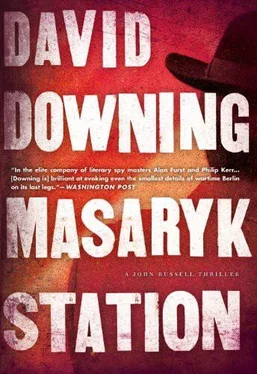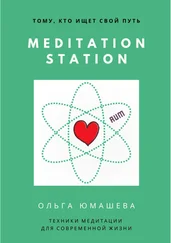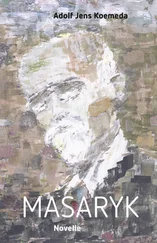Strohm shook his head, but more in sadness than disagreement. ‘Only a year ago, I would have pitied you for your cynicism.’
‘And now?’
‘It fits the facts. But I haven’t given up on socialism-not quite yet.’
‘I may have given up on politics,’ Russell said, ‘but I don’t think I have on justice. Though what that means in practice … well, I guess I’ll have to find out.’ He turned to Strohm. ‘When we ran into each other this evening, and I told you about the film and the dead Russian in the boot, why didn’t you just walk away, like any sensible human being?’
‘You still haven’t told me what’s on this precious film.’
‘And I’m not going to. There are some things you’re safer not knowing.’
‘All right. But one day?’
‘One day,’ Russell agreed. The day they put Beria into the ground, or someone drove a stake through the bastard’s heart. ‘What will you do?’ he asked, changing the subject.
‘God knows. Work for a change, of course, and get kicked out of the Party? Hold my nose and join the SPD? I can’t learn Serbo-Croat and run off to Belgrade-I have a child coming. Which reminds me: Annaliese must not hear about tonight. From you or Effi.’
‘If you say so. But after all the adventures she and Effi had, I think she’d understand.’
‘Oh, so do I, but that doesn’t mean she’d forgive me. And she’d probably be right.’
Russell didn’t argue. They drove on through the moonlit streets, seeing no other vehicle until they reached Bismarck Strasse.
‘Drop me a few blocks away,’ Russell said. ‘You don’t want this car seen on Carmer Strasse again.’
A few minutes later he was watching the Horch recede, Strohm’s arm held aloft in farewell. After wiping his gore-stained hands on a convenient tuft of grass, Russell started for home. He felt tired to the bone, but strangely buoyant considering the past few hours. Would it all work? It just might, he supposed.
Some Soviet forensic genius might find bullet holes in the charred flesh, or some unforeseen proof that it hadn’t been an accident. The GRU bosses might wonder why Russell was still alive, and why their men had shown such mercy. Would they try and correct this oversight? Perhaps, but probably not-with the film gone, what would be the point?
There was no sure and certain way out, no Gordian knot that Russell could cut. He would have to live with the knowledge that assassination by the GRU was a life-threatening possibility, like cancer and falling masonry. To be actively avoided, but not at the cost of all else.
He walked on through the dark and silent streets. Beria would be in bed at this hour, if he wasn’t out trawling Moscow for young girls. After his tete-a-tete with Shchepkin the bastard would be perching a little less easily on his blood-stained throne, which was something. He would certainly be more careful when it came to hidden cameras.
It occurred to Russell that if the GRU did succeed in killing them all, then the film’s release and Beria’s subsequent fall from power would posthumously offer some slight compensation.
It was almost three in the morning. In a few more hours Shchepkin would be knocking at the Americans’ door, and not long after that Johannsen would ring with the terrible news that Russell’s cover was comprehensively blown.
It would doubtless take several weeks of boring questions, but then he would be free of them all.
His strange career in the shadows, which Shchepkin had launched more than ten years before in that shabby Danzig hotel room, would finally be over. They might eventually kill him, but they would never recruit him again.
And in September his son was getting married. His son, who’d survived the Eastern Front, and now seemed as sane as anyone could be, who’d entered that madhouse with a functioning heart and a soul. And if he and Effi had do anything to with it, Rosa too would come into her own.
Russell turned into Carmer Strasse, where the only light showing was theirs.
‘It’s me,’ he said softly, as he opened the door.
‘So it is,’ Effi said, taking him into her arms.












